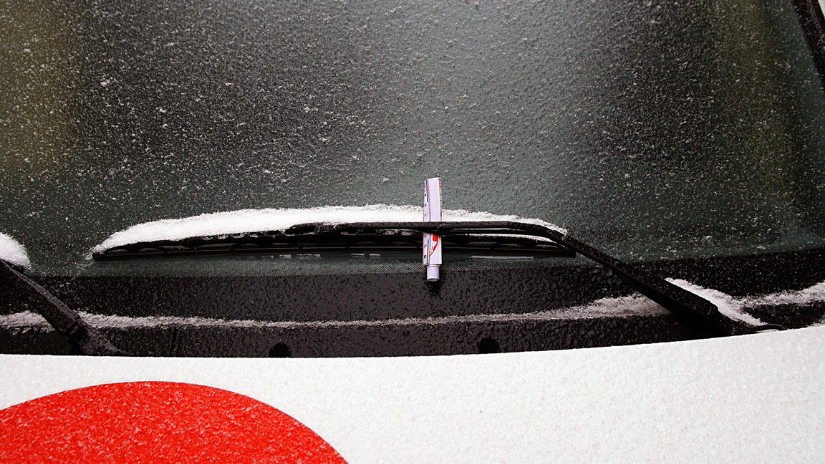
Navigating the legislative labyrinth that comes with fleet management and the administration of fines racked up by drivers is both a time-consuming, and confusing situation. It doesn’t help that the process is riddled with myths and misconceptions.
The responsibility of the driver with regard to fines is well documented, but few people are aware of how to manage fines from a corporate perspective.
The bottom line is, that fines do not simply go away. Whatever happens, the onus remains with the company to resolve the issue. With that in mind, let’s take a look at some of the common myths surrounding corporate fines:
Myth Number 1: If the company nominee retires, resigns, or dies before some fines are actually received by the organisation, they do not need to be paid
In the event of retirement or resignation, there is more than enough time before the event to appoint the new nominee for the company and to make the legal changes. Death, especially sudden death, will mean there is no time to make changes but even if the fines arrive in the name of the deceased, the company and/or the driver remains responsible.
Myth Number 2: If the company changes its name, the fines no longer apply.
Wrong. The onus remains on the company to advise all relevant parties and stakeholders of the name change and to redirect those fines to the drivers where applicable.
Myth Number 3: If the company is sold, the fines no longer apply.
Again, this is incorrect. The sale of a business includes its liabilities and the fines issued will still have to be managed and resolved in the usual way with applications to redirect to the individual transgressors.
Myth Number 4: If the company ceases trading, the fines no longer apply.
Depending on the circumstances of the closure, the nominee may make application to have some of the outstanding fines cancelled. However, in most instances the responsible driver will still be required to pay the fine or to make representation in their personal capacity offering reasons as to why the fine should be cancelled.
It is imperative for fleet managers to understand that the law does take precedence over circumstances and that legal issues need to be resolved promptly before they escalate.
As a fleet manager, it often feels like you are called upon to be all things to all people. In many ways this is true, with each situation and each circumstance posing different questions and challenges.
With the upcoming introduction of AARTO looming, it is now even more important for fleet managers to pay close attention to changes and amendments to the Road Traffic Act - understanding and navigating the myths will save both time and money in the long run.
While we hope this information will be useful to you, this is unfortunately not a complete list. If you have any doubts, as a fleet manager, it is best to consult experts in the field. Contact us by clicking the button below and let us review your Fleet Policy.
